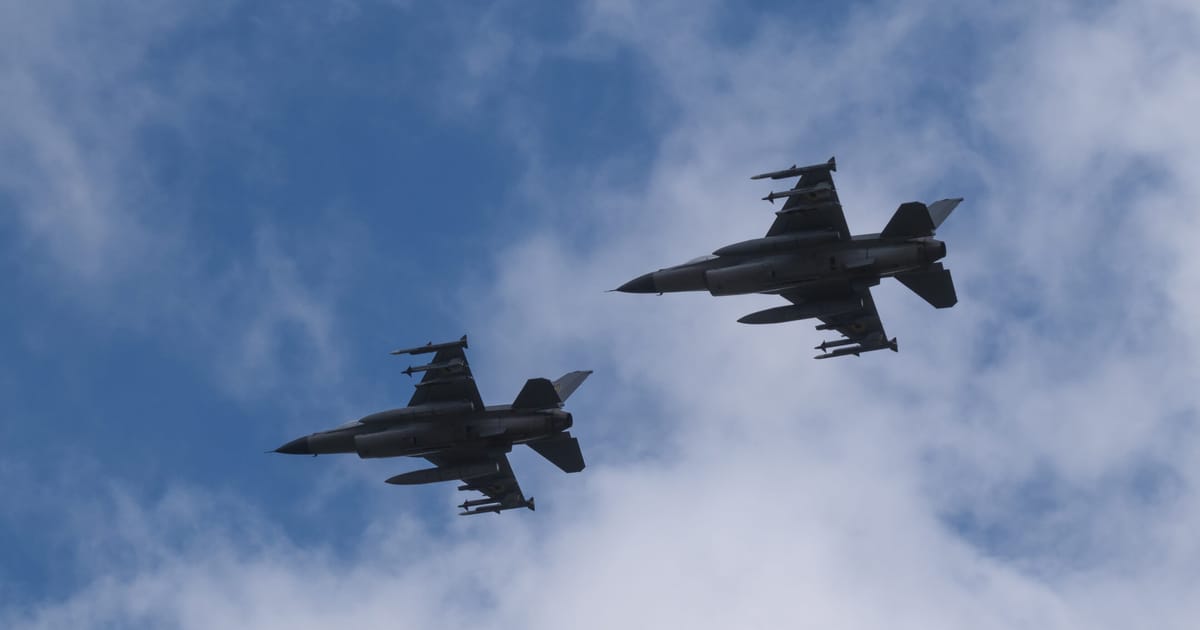

Recent global developments highlight a range of complex and interwoven international issues, including allegations of espionage, tenuous ceasefire agreements, and concerns over press freedom. Each story reveals a slice of the multifaceted geopolitical landscape that continues to evolve with profound implications for peace and justice worldwide.
In Ukraine, authorities have made a significant arrest, highlighting the persistent challenges of espionage in times of conflict. An air force major has been detained under suspicion of operating as a spy for Russia. Ukrainian officials claim the major was aiding potential strikes against airfields housing advanced fighter jets, including F-16s and Mirages. This case underlines the intricate security challenges faced by countries under duress, shedding light on the vigilance required to maintain national integrity. While investigations unfold, this development serves as a reminder of the delicate fabric of security and trust that threads through international relations.
Meanwhile, in Southeast Asia, Thailand finds itself in the throes of a tense diplomatic exchange with Cambodia, following its accusations of ceasefire violations. The ceasefire was initially put into place to quell five days of intense cross-border clashes that resulted in significant casualties. Thailand alleges that Cambodian troops violated this truce by launching nocturnal attacks along the contested frontier. However, Cambodia has denied these allegations, underscoring the fragility of the ceasefire and the deep-rooted complexities of territorial disputes that challenge peaceful coexistence. Such incidents remind us of the delicate nature of diplomacy and the importance of sustained dialogue in resolving long-standing conflicts.
The Middle East also remains a focal point of concern, particularly regarding press freedom. In the occupied West Bank, more than 140 journalists have reportedly been detained by Israeli authorities since early October. This has prompted the Palestinian press syndicate to voice concerns over what they describe as efforts to silence media professionals through overarching accusations of “inciting terrorism.” These arrests shine a light on the precarious conditions under which journalists operate in conflict zones, highlighting broader issues of freedom of expression and the critical role of the media in safeguarding democracies by bringing impartial and independent news to the public.
As these stories unfold, they collectively emphasize the intricate interplay of military, diplomatic, and human rights considerations in global affairs. Each scenario demonstrates the ongoing efforts by nations to navigate through conflict, maintain dialogue, and safeguard essential freedoms. Against this backdrop, the international community is reminded of the importance of cooperation and mindful engagement in addressing these complex challenges.
In conclusion, while each region grapples with its unique issues, the underlying themes of security, diplomacy, and freedom resonate universally. They invite global stakeholders to foster environments where peaceful resolution and mutual respect can flourish. As we watch these developments with a hopeful eye, it is imperative to support mechanisms that promote transparency, understanding, and peace-building, underscoring the interconnectedness of our global community.
Source: {link}
